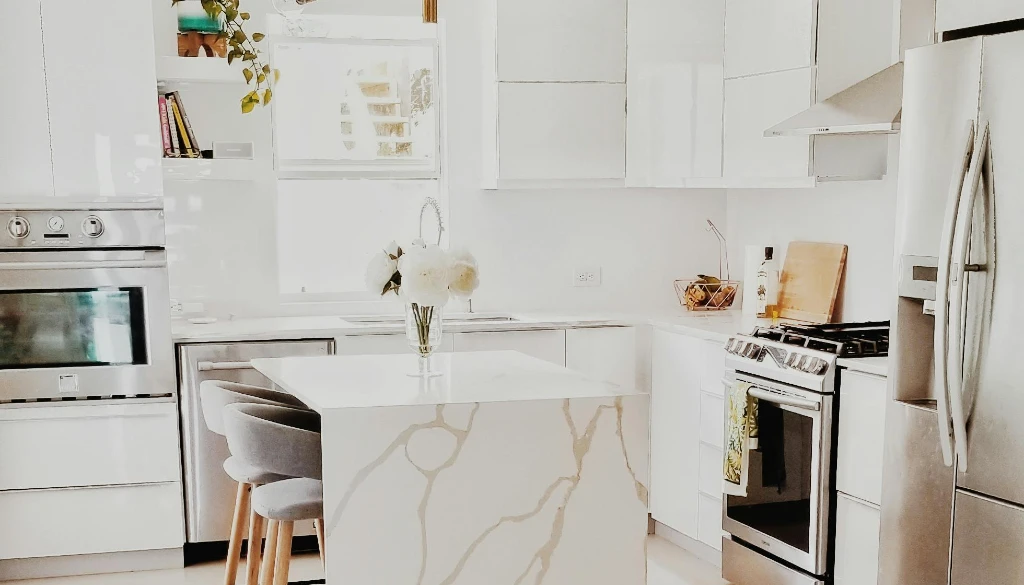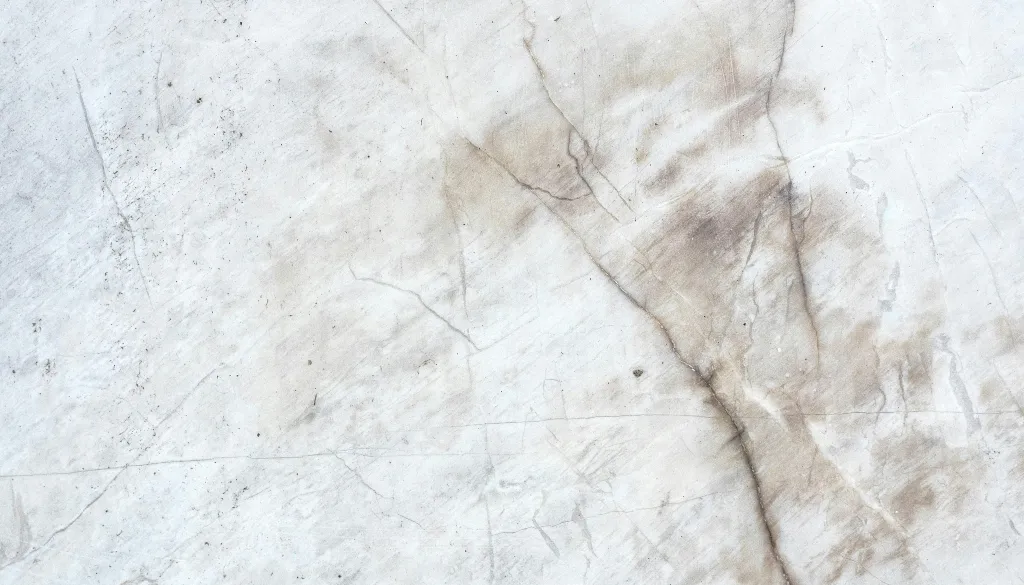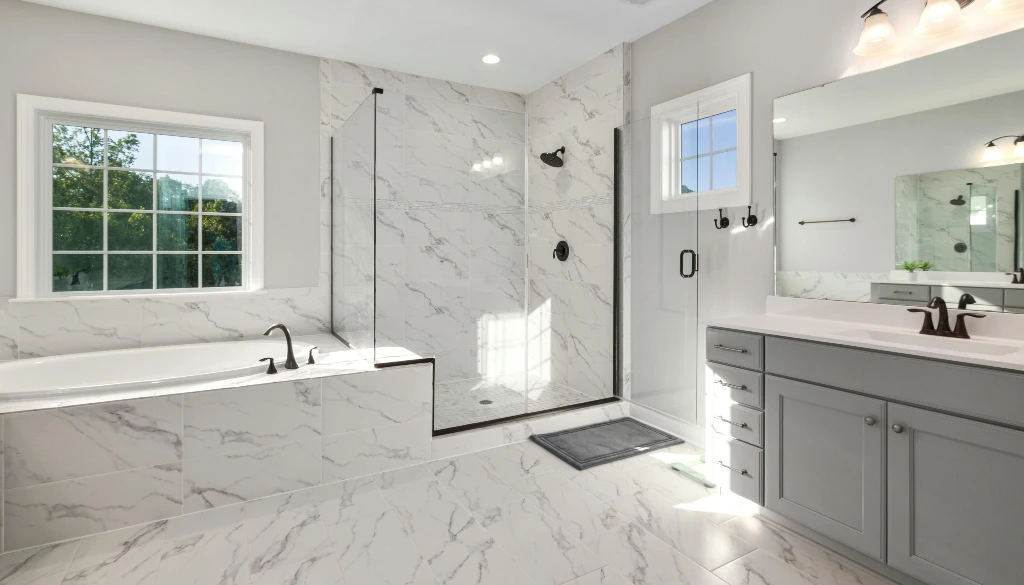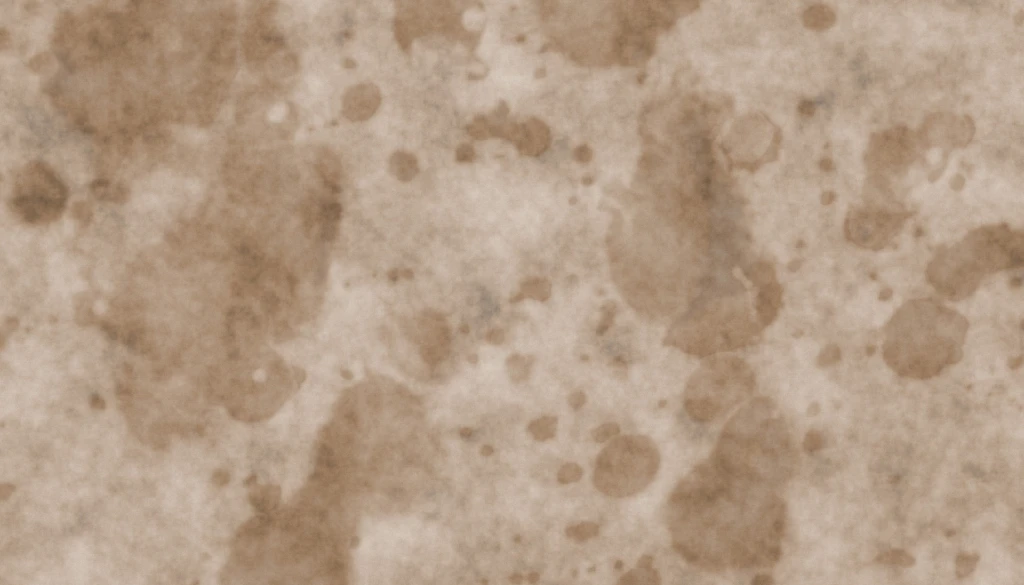
A Marble countertop embody elegance and bring a touch of timeless beauty to any kitchen or bathroom. However, their porous nature makes them susceptible to stains and scratches, necessitating proper care and maintenance to keep them looking pristine.
TopCo countertops, known for their high quality and durability, still require thoughtful handling, especially when it comes to cleaning. Here’s how you can maintain the sophisticated allure of your marble countertop with proper cleaning techniques.
Related Article: How To Clean Quartz Countertops
Keep that natural stone looking its best with proper protection and care

Cleaning Marble Countertops 101
1. Daily Cleaning Routine
For daily maintenance, a soft towel, cloth or sponge with warm water is your best friend. Avoid using harsh or acidic cleaners, as these can etch the marble’s surface. A gentle wipe-down of the entire surface will remove debris and prevent accumulation. For a deeper clean, use a pH-neutral cleaner specifically designed for marble. Spray lightly and wipe with a damp cloth, followed by a dry towel to prevent water spots.
2. Handling Spills Immediately
Marble’s porosity makes it particularly vulnerable to staining. Acidic substances like lemon juice, vinegar, or wine can cause etching if not wiped up promptly. In the event of a spill, blot—don’t rub—the area gently with a clean, damp cloth to avoid spreading the substance. Follow up with a marble-specific cleaner if needed to ensure the stain is fully removed.

3. Stain Removal Strategies
If stains do set in, there’s still hope. Identifying the type of stain is key to choosing the right treatment. Organic stains (from food, coffee, or wine) can often be lifted with a poultice made from baking soda and water. Apply the mixture to the stain, cover with plastic wrap, and leave it overnight. Gently remove the dried poultice with a soft, damp, clean cloth. For oil-based stains, a similar approach using dish soap mixed with water can be effective.
4. Avoiding Abrasive Tools and Cleaners
The use of abrasive pads or cleaners can scratch and damage the marble’s surface. Stick to a soft microfiber cloth or sponge and avoid any cleaning agents that contain acid, such as bathroom cleaners, grout cleaners, or tub & tile cleaners. Even natural substances like lemon or vinegar should be avoided, as their acidity can harm the marble.
5. Sealing Marble Countertops
While not a cleaning step per se, sealing your marble countertops is a crucial preventative measure. Sealant acts as a barrier, reducing the stone’s porosity and protecting it from stains. TopCo countertops may come pre-sealed, but it’s wise to reseal every six months to a year, depending on the level of use and exposure to potential staining agents. Always use a sealant suitable for marble and follow the manufacturer’s application instructions.
What is the Best Thing to Clean A Marble Surface?

When it comes to cleaning marble, the best approach is to use a cleaner specifically formulated for marble surfaces. These pH-neutral cleaners are designed to safely clean without damaging the stone.
For a simple, effective daily cleaning solution, mix warm water with a few drops of mild dish soap, which can gently cleanse the marble without causing harm. Always avoid acidic or abrasive cleaners, as these can etch or dull the marble’s finish. A soft cloth or non-abrasive sponge should be used for application to ensure the surface remains scratch-free.
In essence, the combination of a marble-specific cleaner or mild dish soap with warm water is the best regimen for maintaining the luster and integrity of marble countertops.
How to Remove Stains from Marble Countertops
Tough stains on marble countertops require a bit more care and specific strategies to remove effectively without damaging the surface:
Organic Stains:
Make a baking soda paste, apply it to the stain, cover with plastic wrap, and let it sit overnight. The poultice will draw out the stain from the marble into the poultice material.
Oil Stains:

A mixture of dish soap and water can be applied in the same manner as for organic stains. For stubborn oil-based stains, cornstarch can be an effective alternative to draw out oil without scratching the surface.
Ink or Paint Stains:
For lighter marble, hydrogen peroxide can be gently dabbed onto the stain. In the case of darker marble, acetone might be a better fit. Always test these substances on a small, inconspicuous area first.
Etch Marks:
Etch marks are caused by acidic substances and are not true stains, but rather physical damage to the surface. These may require marble polishing powder to remove.
After treating the stain, rinse the area thoroughly with water and dry with a soft cloth. Repeat the process if necessary, but if the stain persists, it might be time to consult a professional.
Need Pro Services for Resurfacing Countertops?
Sometimes, despite your best efforts, marble countertops might require professional attention, especially if they’re heavily stained, scratched, or etched. Professional resurfacing services can restore the countertop’s original beauty and ensure its longevity. These services typically involve cleaning, polishing, and sealing the marble, which can significantly enhance its appearance and durability.
When selecting a professional service for resurfacing TopCo countertops, look for experienced technicians who specialize in marble and natural stone care. They will have the knowledge and tools to effectively treat your countertops without causing additional damage. Furthermore, professionals can offer tailored advice on maintaining your marble surfaces and recommend the best products and practices for daily care.
Resurfacing can breathe new life into your marble countertops, making them look as elegant and luxurious as the day they were installed. Whether you’re dealing with deep stains, etch marks, or simply want to refresh the surface, professional resurfacing is a worthwhile investment for maintaining the beauty and value of your marble countertops.

